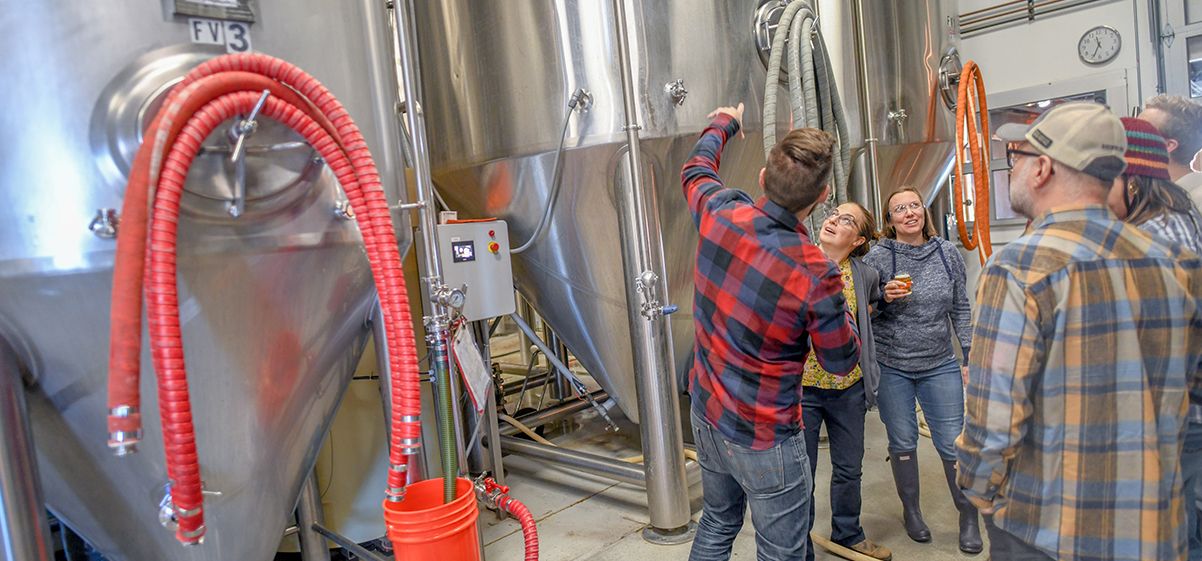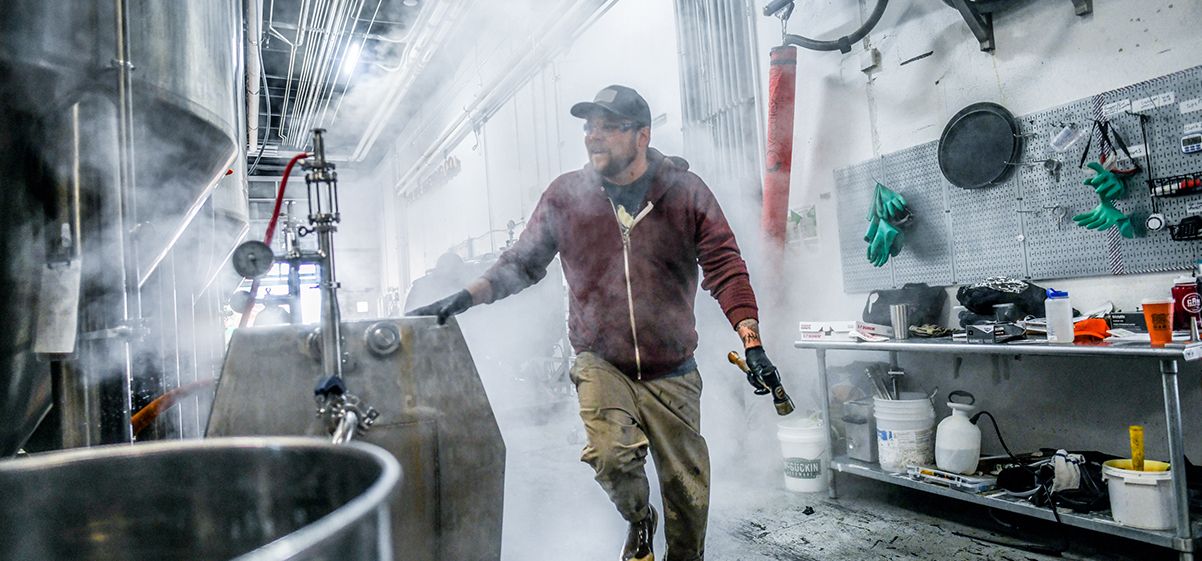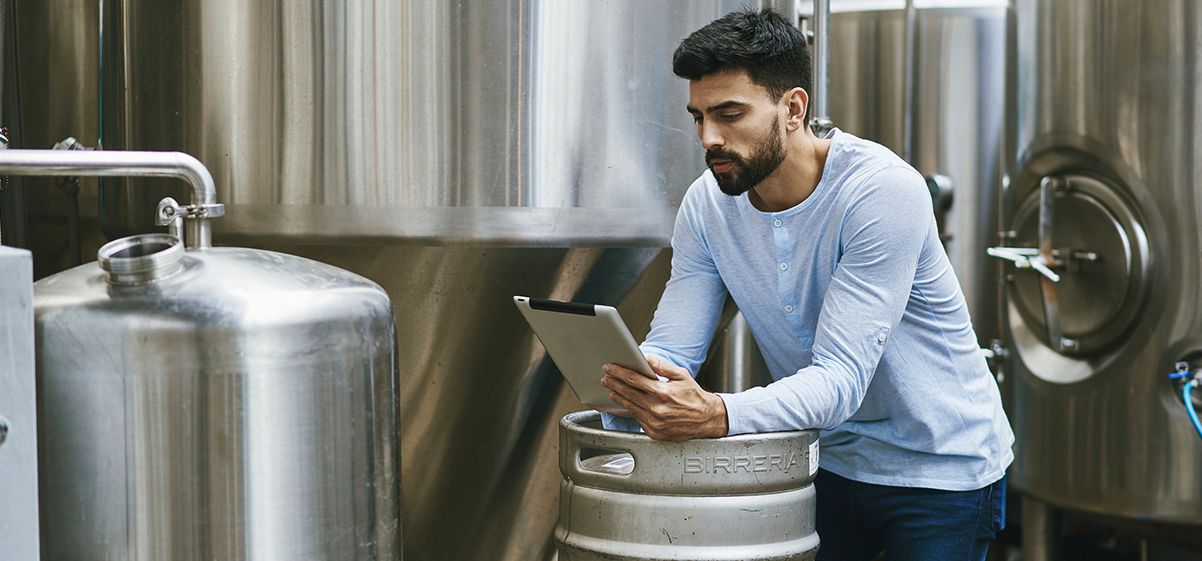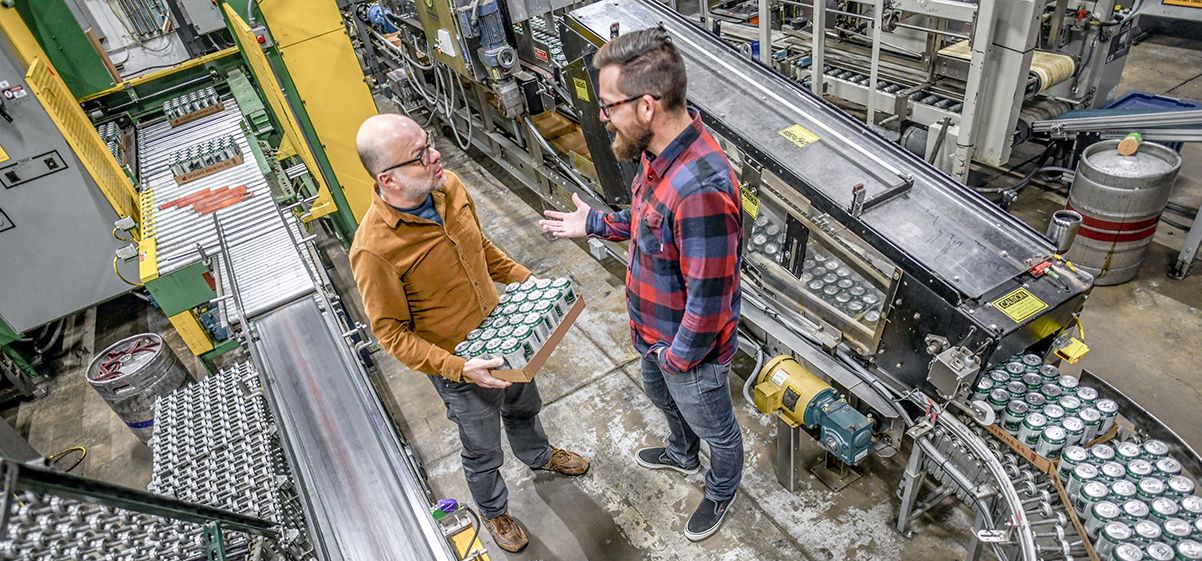For breweries looking to expand their beer distribution, there are numerous rules and requirements that need to be followed and failure to do so can get in the way of expanding your reach or even block you from getting in there at all. A clear understanding of what is allowed where, what isn’t, and what’s required of your business by state and federal regulators is essential to successful market expansion.
Brewers have a ton of regulations to abide by; it’s true when you set up your brewery and it’s true when you want to sell into a new state—the importance then is recognizing what that new state requires.
How did we get here, anyway?
The 21st Amendment set up a national system where each state can establish its own individual rules for the sale, production, transportation, and consumption of alcohol within their borders. This means that when you do any of these activities in a particular state, you have to follow that state’s laws—and they can enforce these rules on any business engaging in these activities within state lines.
For every state you distribute into, there’s a whole new set of laws that you need to follow, adding to the intricacy of interstate distribution. This is where a lot of breweries can get caught—assuming that what is allowed in their home state automatically translates into permissible activity in new states.






